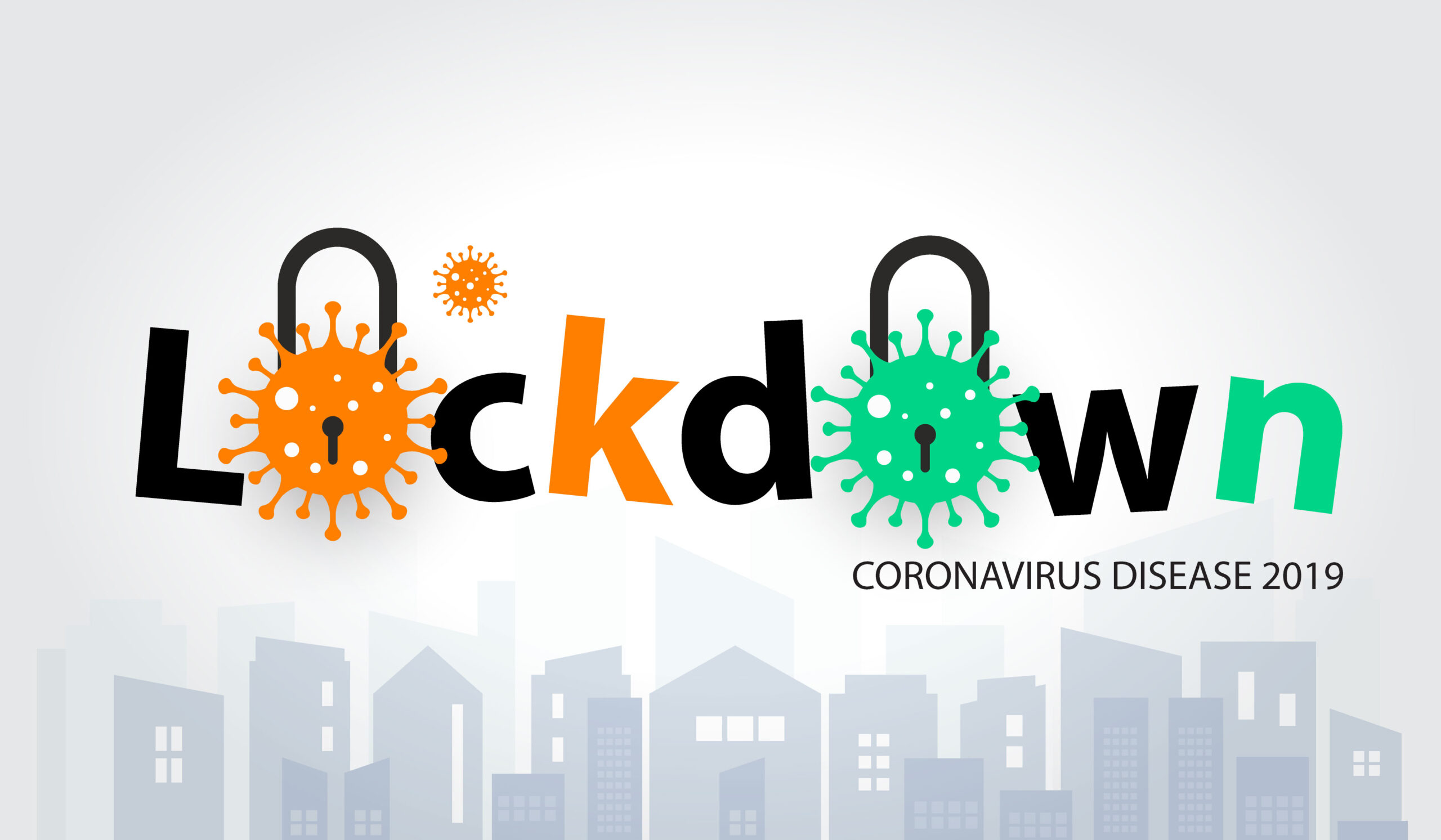
What is Dyspepsia?
Dyspepsia, or indigestion in a broader sense, refers to a broad spectrum of stomach problems. It is an uncomfortable feeling or pain in the upper and middle parts of the abdomen. If you are experiencing stomach pain after eating, something in your digestive system is not right. It may not be a disease every time, sometimes it is a symptom of gastroesophageal reflux disease (GERD) and other conditions.
What Causes Dyspepsia?
The major causes of dyspepsia stem from digestive or eating habits. However, some common factors are-
- Smoking
- Obesity
- Stress
Dyspepsia can also be caused due to some other medical conditions. Such conditions are as follows-
- Gastroesophageal reflux disease (GERD)
- Gastric cancer
- Pancreatic or bile duct abnormalities
- Peptic ulcers
- Lactose, gluten, and other intolerances
- Irritable bowel syndrome (IBS)
- Gastroparesis.
Know more about the causes of dyspepsia.
Who is at Risk?
People of all ages and genders are susceptible to this disease. The risk of indigestion increases with the following factors-
- Obesity
- Smoking
- Mental health issues
- Consuming excessive alcohol
- Use of drugs that irritate the stomach
How Can You Prevent Dyspepsia?
The best way to prevent dyspepsia is to ignore situations that seem to cause it. Keep an eye open for the foods or habits that are triggering your condition.
- Try to eat food slowly
- Give proper time to digest then eat more
- Do not eat dinner too late
- Get enough sleep
- Manage stress
- Lose weight
When Should You Visit A Doctor?
Many times people manage mild dyspepsia with lifestyle changes. However, it is very important to understand when to visit a doctor for consultation. Below are some of the critical signs that you should look for and immediately schedule a doctor’s call.
- Blood in stools or black stools
- Frequent vomiting, especially with traces of blood
- Difficulty in swallowing food
- Unexplained loss of body weight
- Chest pain that spreads to the jaw, arm, or neck
- Severe and constant abdominal pain
- Shortness of breath
- Sweating
- Yellow coloring in eyes and skin.
Dyspepsia or indigestion is not a rare occurrence. But it can interrupt your daily lifestyle. So better to check for the signs and consult with a professional if the symptoms are persistent.
Written By – Dr. Pinaki Sunder Kar (DM, Gastroenterology)














